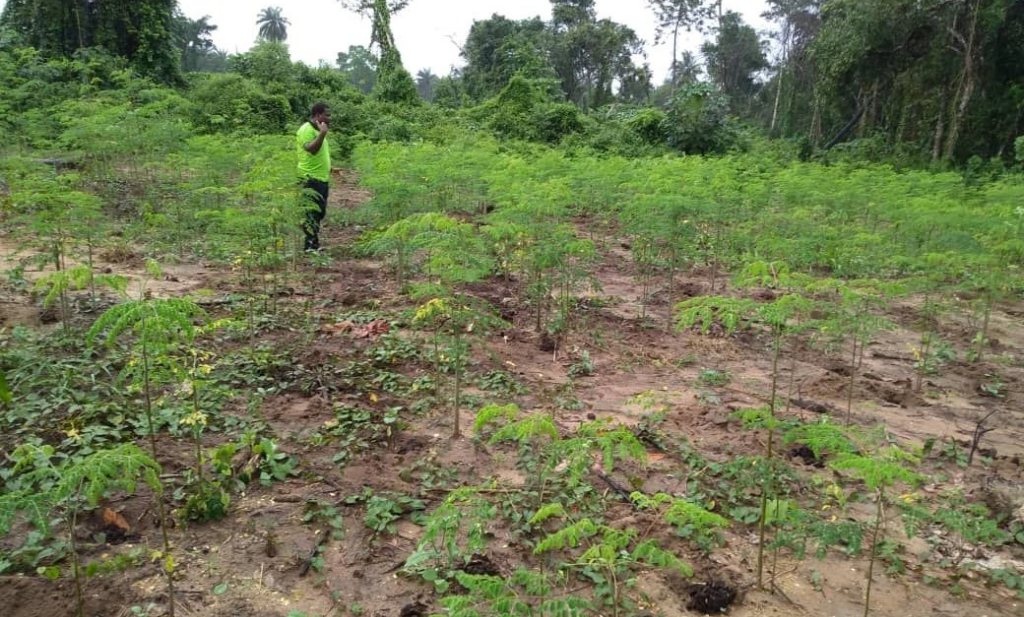Working with farmers in Nigeria and other West Africa Countries, I have realized one major myth that the soil always needs fertilizer to support the growth of crops. This is not completely true because the soil requires only nutrients as the soil is not self-sustaining especially when crops are produced continuously.
The growth of crops is supported by the nutrients available in the soil, and whenever they are depleted, there is a need to replace these nutrients through application of specific fertilizers to augment (and not just any fertilizer). This is a major activity that needs to be done at least every 2 years - soil testing.
Soil testing helps to determine the exact nutrients and the quantities needed to support the growth of crops rather than the common practice of trial by error of applying a particular type of fertilizer year-in and year-out that contribute to low productivity, pollute the environment through leaching, and distort the ecosystem. We need to do the right thing to achieve the right results. Smallholder farmers need to transition to better practices but the situation here is where are the laboratories to get soil tests done and at what costs to the farmers? And who bears these costs? At this point, there is a need for collaboration amongst stakeholders to support ease of carrying soil tests through establishment of mobile soil laboratories across agricultural areas at subsidized rates (For input financing model or insurance products, it can be an added service the farmers pay for).
Government and other relevant stakeholders in agriculture must come together to support improvement in soil enhancement through increased adoption of soil testing by farmers. This is very important and one of the major steps to achieving food security and zero hunger. A productive soil enhances seed productivity (ceteris paribus). Therefore, we need more initiatives that encourage the development of specified fertilizer needs rather than the generalized products that have been used consistently over the years, with little or no productivity to showforth. We need to rethink how agriculture is done and now is the time to take a bold step!
Yours-in-Service
Babatunde
Soil testing helps to determine the exact nutrients and the quantities needed to support the growth of crops rather than the common practice of trial by error of applying a particular type of fertilizer year-in and year-out that contribute to low productivity, pollute the environment through leaching, and distort the ecosystem. We need to do the right thing to achieve the right results. Smallholder farmers need to transition to better practices but the situation here is where are the laboratories to get soil tests done and at what costs to the farmers? And who bears these costs? At this point, there is a need for collaboration amongst stakeholders to support ease of carrying soil tests through establishment of mobile soil laboratories across agricultural areas at subsidized rates (For input financing model or insurance products, it can be an added service the farmers pay for).
Government and other relevant stakeholders in agriculture must come together to support improvement in soil enhancement through increased adoption of soil testing by farmers. This is very important and one of the major steps to achieving food security and zero hunger. A productive soil enhances seed productivity (ceteris paribus). Therefore, we need more initiatives that encourage the development of specified fertilizer needs rather than the generalized products that have been used consistently over the years, with little or no productivity to showforth. We need to rethink how agriculture is done and now is the time to take a bold step!
Yours-in-Service
Babatunde
Related



